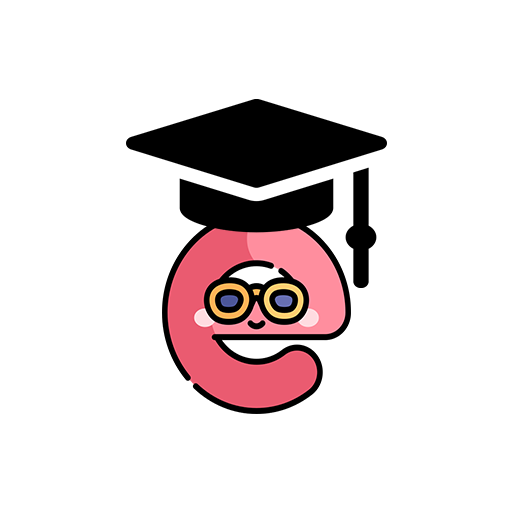In this article, we will explain the “if” conditional rule in English from all aspects. We will cover all types of if conditionals, provide examples and exercises, and ensure you understand them well. Not only that, but we will also include videos from one of the best Arabic teachers who explains if clauses and conditional sentences in English in detail.
Conditional Sentences in English
A conditional sentence in English consists of:
- Conditional word (if, unless, when) + Condition Clause + Result Clause
The most common conditional words are:
- if
- unless
- when
We will now explain the if clause, which is used to connect two sentences using “if”, meaning “when” or “in case.”
Zero Conditional (General Truths and Facts)
When do we use the Zero Conditional?
We use the Zero Conditional to talk about facts, scientific truths, general rules, or instructions. It is commonly used for:
- Describing scientific facts and natural results.
- Giving instructions and advice.
- Talking about general truths and fixed situations in life.
Structure:
✅ If + Present Simple, Present Simple
✅ Present Simple + if + Present Simple
Examples:
- If people eat too much, they get fat. (If you eat a lot, you will gain weight.)
- You get water if you mix hydrogen and oxygen. (Water is formed when hydrogen and oxygen combine.)
- If you freeze water, it becomes solid. (Water turns to ice when frozen.)
- If you want me to come, invite me. (Invite me if you want me to attend.)
- If my dad feels tired, he goes to bed. (When my father feels tired, he sleeps.)
First Conditional (Possible Future Events)
We use the First Conditional to describe things that might happen in the future if a certain condition is met.
Structure:
✅ If + Present Simple, will + Base Verb
Examples:
- If I pass the exam, I’ll graduate from college.
- If you walk under a ladder, you will have bad luck! (Superstition: Walking under a ladder brings bad luck.)
- If I see her, I’ll talk to her.
- If you touch me again, I’ll hurt you.
- If it rains, I won’t swim.
- We will be late if the bus is delayed.
Second Conditional (Unreal or Imaginary Situations)
We use the Second Conditional to talk about:
- Imaginary situations in the future.
- Impossible situations in the present.
Structure:
✅ If + Past Simple, would + Base Verb
Examples:
- If I were rich, I would be happy.
- He would travel all over the world if he had the money.
- We might go to Europe if we were rich.
- I couldn’t do it if he asked me.
Third Conditional (Impossible Past Events)
We use the Third Conditional to talk about past situations that didn’t happen and their imagined results.
Structure:
✅ If + Past Perfect, would have + Past Participle
Examples:
- If I had studied, I would have passed the exam.
- If I had had my chance, I would have been successful.
- She would have believed you if you hadn’t lied before.
- If I had worked harder, I might have got the promotion.
- You could have been on time if you had taken a taxi.
Using “Unless” Instead of “If”
The word “unless” means “except if” and is used instead of “if… not.”
Examples:
- You will be fat if you don’t stop eating. → You will be fat unless you stop eating.
- If she wasn’t very tired, she would be at work. → Unless she was very tired, she would be at work.
- I wouldn’t have spoken if I hadn’t had a lawyer. → I wouldn’t have spoken unless I had had a lawyer.
Exercises on if conditionals with answers
Fill in the blanks with the correct verb form:
- If I (go) ______ out tonight, I (go) ______ to the cinema.
- Snakes (bite) ______ if they (be) ______ scared.
- If you (get) ______ back late, I (be) ______ angry.
- Babies (cry) ______ if they (be) ______ hungry.
- People (die) ______ if they (not) ______ eat.
- If I (see) ______ her, I (tell) ______ her.
- If I (be) ______ you, I (get) ______ a new job.
- If I (have) ______ enough money, I (buy) ______ a big house.
- If we (win) ______ the lottery, we (travel) ______ the world.
- We (come) ______ to dinner if we (have) ______ time.
Answers to the Exercises
- go, I’ll go
- bite, are
- get, I’ll be
- cry, are
- die, don’t
- see, will tell
- were, would get
- had, would buy
- won, would travel
- would come, had
Conclusion
We have now reached the end of our article. We hope you have understood if clauses well and learned all the conditional sentence types in English. See you in another lesson, Insha’Allah!
Read this article: How to Write the Date in English Easily.




